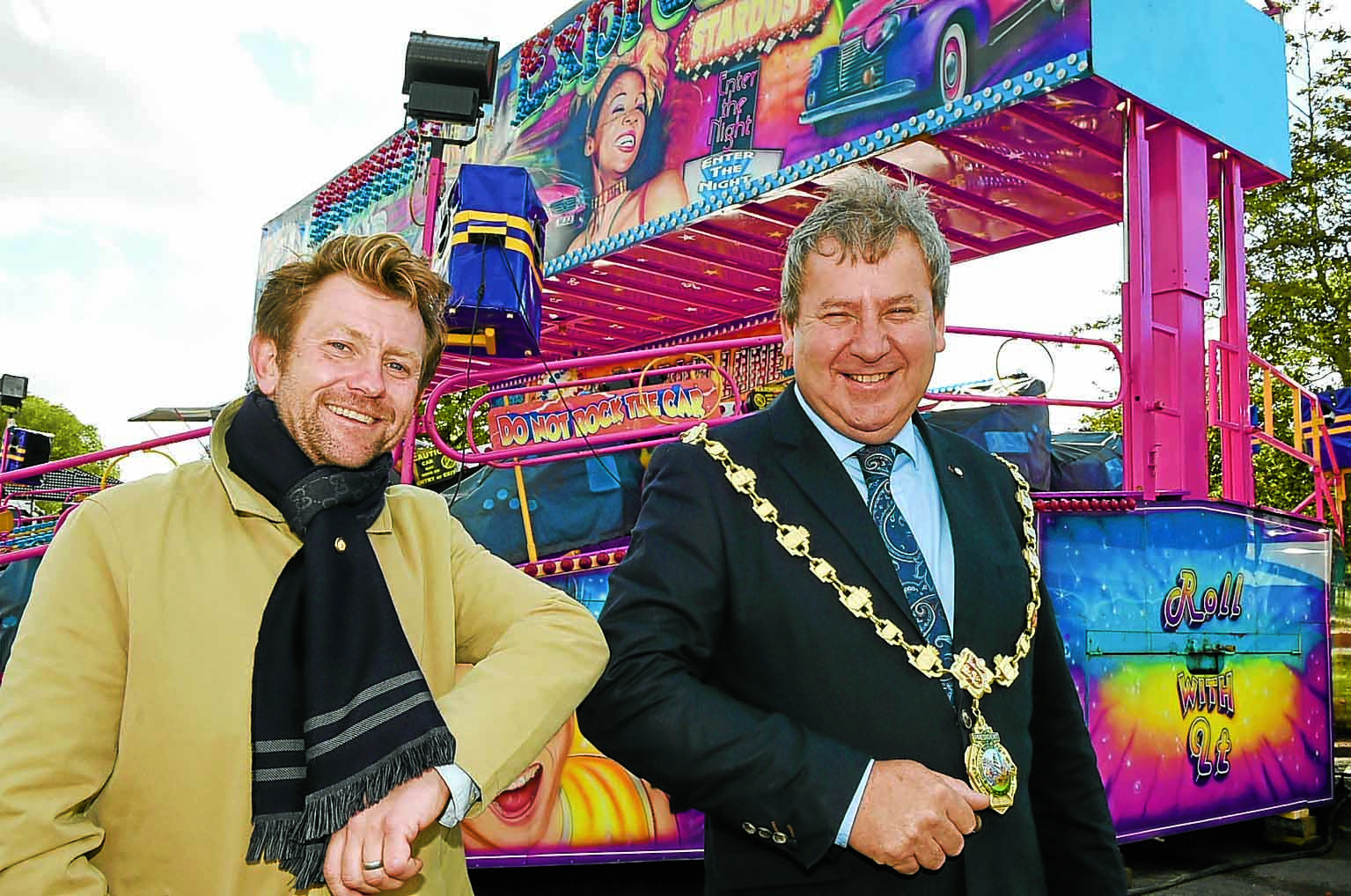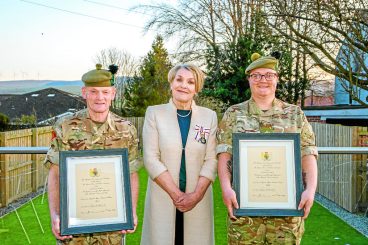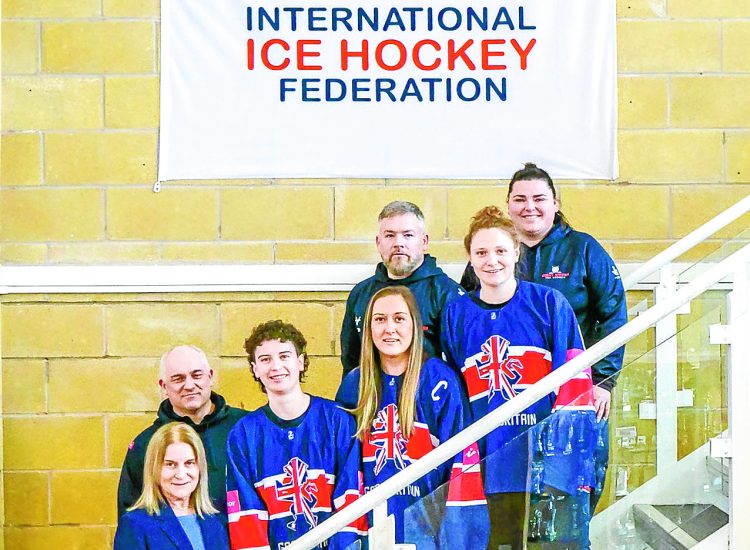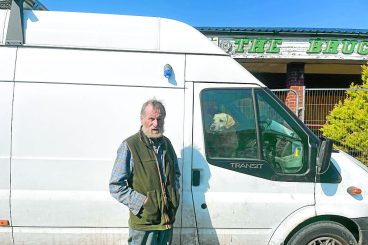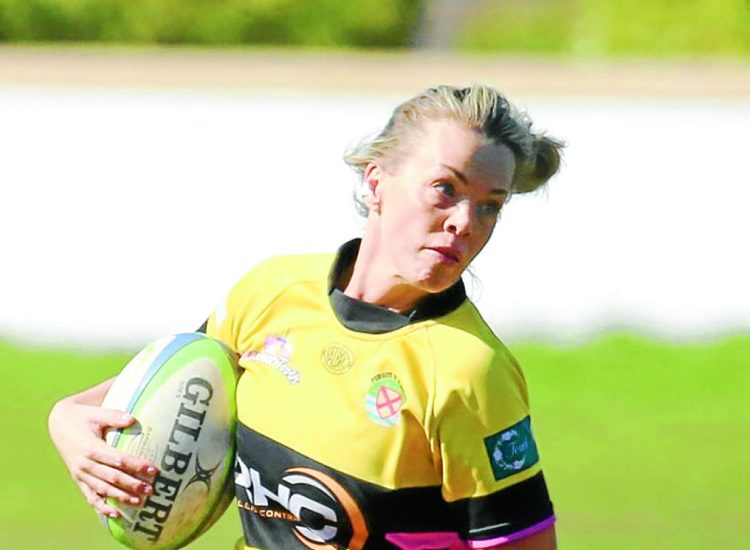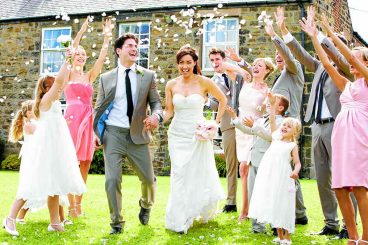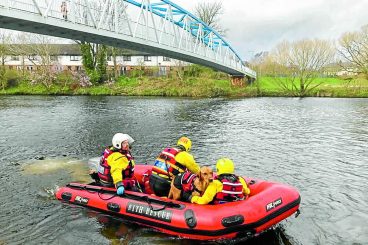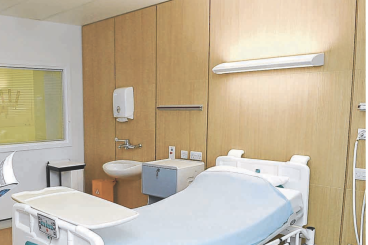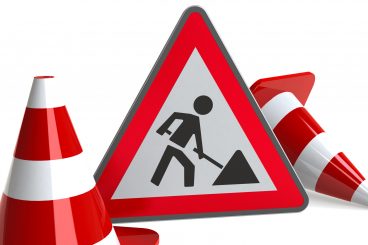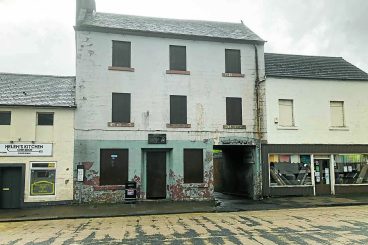ROLL UP, roll up — the Dumfries Rood Fair returned last week for the first time in two years.
For youngsters, it’s the ideal place to spend hard-earned pocket money on thrills. For adults, it’s a trip down memory lane. But for the community of showpeople who have brought amusements to the Whitesands for more than 100 years now, it’s one of the most important dates in the diary.
And to mark the fair’s first return to town since before the pandemic, a new initiative has been launched by The Stove aiming to investigate and celebrate Dumfries’ unique historic connection with fairgrounds and the showpeople community.
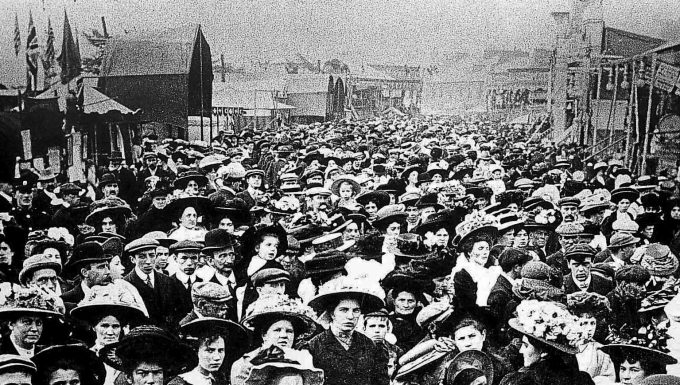
‘Signs of the Fair’ is being developed by Dr Tara Beall and forms part of The Stove’s ‘Atlas Pandemica’ project, which is studying how different communities have been adversely affected by the global shutdown of Covid-19.
After choosing travelling showpeople as her focus, Dr Beall conducted interviews with a group who have both active and historic links to Dumfries’ fairs. Findings from just this initial research revealed travelling showpeople as, in her words, “an integral part of the fabric of Dumfries’ history”.
Dr Beall added that “everything from local folklore and leisure time to industry and infrastructure” have been influenced in one way or another by the local fairgrounds and those who have run them over the years.
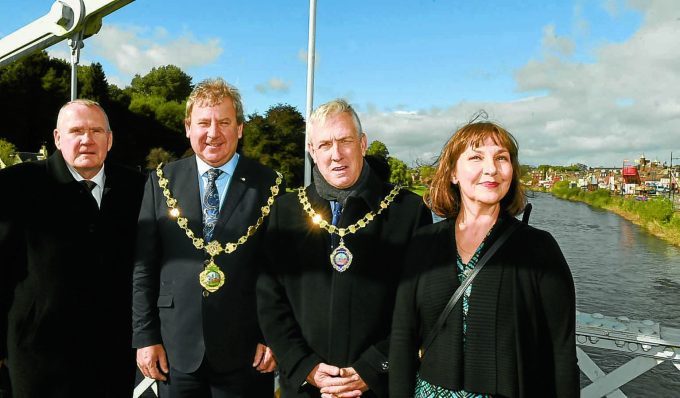
Philip Paris, national president of the Showmen’s Guild of Great Britain, was in attendance at the Rood Fair’s official opening last week and explained the strong generational and historical connection his community has to the area.
“I’m no expert in Dumfries history by any manner or means but I know that the Whitesands in Dumfries has always been a place where people would congregate for events in the town,” Mr Paris said.
“The thing about the showmen and their families that come here is we’ve been coming here all our lives. I’m 62 and I’ve come here all my life and so had my parents and grandparents before me – and if you ask any of us that are attending this fair, we can all trace our heritage back and you can say that for all the fairs that we attend; we’ve been coming for generations.”
He added that although the location and essence of the Rood Fair is the same as it was in 19th and 20th century, many aspects of it have changed significantly.
“Fairgrounds change with the times,” he said, “there’s rides here that the teenagers want today, but if you went back to the early 1900s, Gallopers, which are old fashioned to us now, would be the latest thing in those days. The days of the Wild West shows and menageries that would have been here 100 years ago are all gone obviously, it’s side stalls, kiddies rides and adult white knuckle rides that’s here now.”
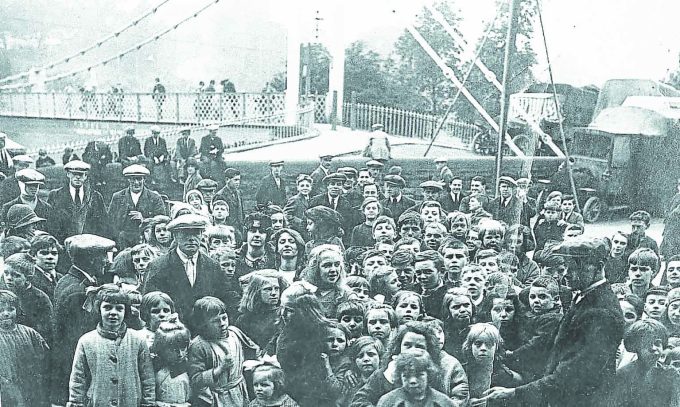
Albert Moore-Reid, a fourth generation showman whose family has visited the Dumfries Rood Fair for more than a century, welcomed the Signs of the Fair project and said it was a “big relief” to be back at the Whitesands after a two-year hiatus.
“For us there definitely is a massive connection with Dumfries,” he added. “We’re delighted to be back and it’s great to be in a town; a lot of fairs now are out of town at retail parks and such, things have changed – the traditional street fair has moved on as the world moved on itself.
“I remember playing up and down here myself, knocking the conkers off the trees, going on the swingpark. Just generally when we were kids, the Dumfries fair here was a big thing for us.”
Albert added that over the years, people have been quick to make judgements about travelling showpeople without considering their strong connection to communities.
“The same faces and families have come for generations and generations,” he explained. “As time goes along, people can be less interested in history. It’s hard to say but it’s maybe been overlooked. We’d like to educate people a little bit but there’s good and bad everywhere. The showman is a little bit of a different sort of thing and sometimes people look upon us like ‘oh the caravans are here’ – there can be a bit of a stigma I suppose.”
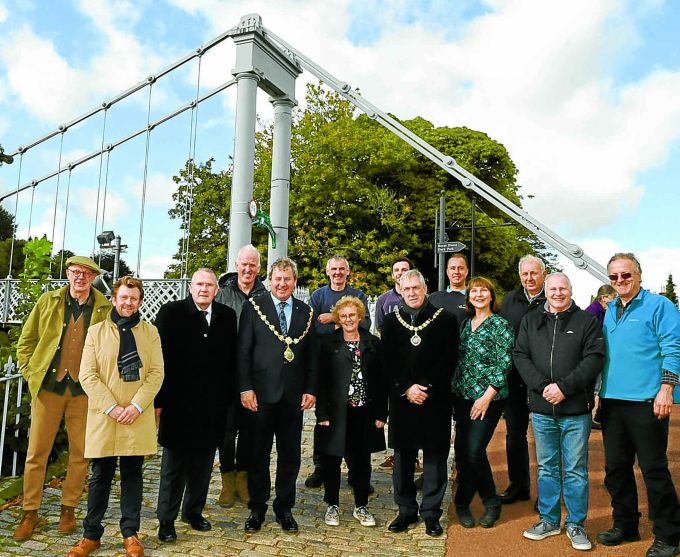
The Stove’s founder, Matt Baker, said he hopes the initiative can shine a light on what he called an “unheard community”.
“Showpeople have an amazing story of Dumfries that we never hear and we live here and think we know all about Dumfries but they’ve got hundreds of years of connection and to me they have a stake here and they’re not getting that voice, so the idea is that this project would give them that voice in the future of Dumfries,” Mr Baker said.
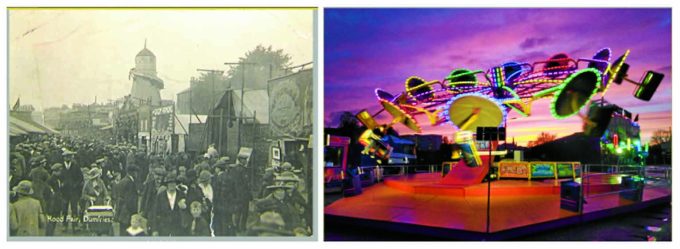
He explained this retrospective look at the Rood Fair and its contributors is a “starting point” for the project.
“The way we work is to start building the connections and the interest and then at that point you can get people talking to each other about what we do next.”
Furthermore, Mr Baker suggested the first post-pandemic fair could be an opportunity to reinvigorate local interest in the event.
He said: “We’ve had two years of saying ‘where is everything?’ and now that things are coming back you see that they’re new and maybe people are going to embrace it in a different way – I really hope so.”





